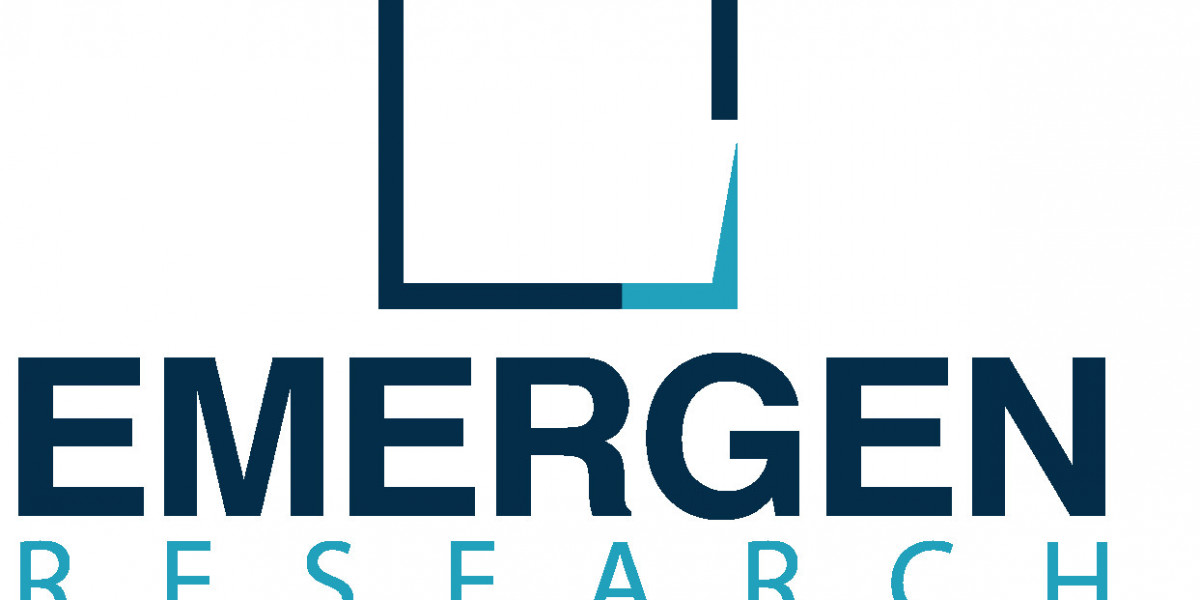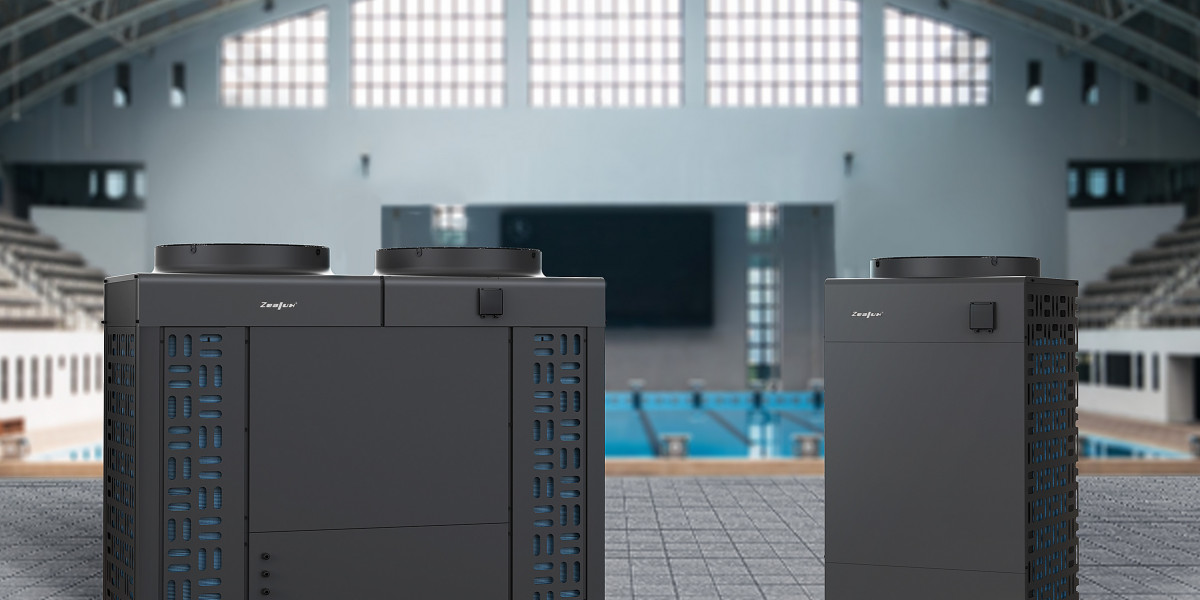Building any new business comes with significant costs and challenges. For entrepreneurs seeking to launch a platform connecting handymen with homeowners and small businesses, accurately forecasting expenses is crucial for long-term success. In this article, we will break down 11 key cost categories and provide estimates for each to help potential founders understand the true investment required to launch a viable handyman marketplace.
1. Technology Development: $250,000 - $500,000
One of the biggest line items for a marketplace startup is developing the technical infrastructure. Hiring software engineers, developers, and designers is expensive - average salaries in major tech hubs can range from $100,000 to $150,000 each. For a minimum viable product, plan on hiring at least 2 full-stack developers and 1 designer at $150,000 total yearly costs.
You'll need to choose technology stacks and platforms. A responsive web app is essential, but native mobile apps provide crucial functionality for field workers and allow listing on iOS and Android stores. Integrating payment processing for user subscriptions and job payments requires careful security implementation. Factor in 3-6 months of development time at $10,000/month per developer.
Ongoing updates, bug fixes, and feature additions won't end after launch. Reserve at least $5,000/month for future enhancements. Quality assurance testing and disaster recovery solutions also require investment. All in, technology costs can easily reach $250,000 for a minimum version and $500,000 or more for a fully-featured marketplace.
2. User Acquisition: $50,000 - $100,000
Getting early users, handymen and clients, is paramount. Paid advertising provides measurable customer acquisition, especially Google and Facebook. At $50/conversion, plan $5,000/month in paid channels, targeting relevant search terms and interest groups. SEO requires several months to yield results, so focus key efforts there too through technical optimizations and relevant blog content.
Content marketing engages potential customers through how-to guides, solution articles and case studies. Partner with relevant industry publications and podcasts for mutual promotions. Offer small referral bonuses or commissrions to both clients and handymen who bring in new users. App store optimization boosts visibility in crowded marketplaces. With aggressive methods, $50,000 could gain first 1,000 monthly users, but expect to spend over $100,000 for 5,000 monthly active customers. Visit Zipprr: https://zipprr.com/taskrabbit-clone/
3. Staffing: $120,000 - $150,000
As the company grows, more team members are needed. Hire customer support representatives at $30,000-$40,000 each to handle common issues and escalations. Consider both in-house and outsourced help desk solutions. Fielding sales calls from prospective handymen also requires hiring account managers at similar rates.
Administrative assistance for HR, accounting and other functions frees founders for strategic work. Contractors may fill certain niches temporarily but plan to bring core positions in-house. 3-5 full time employees could cost $120,000-$150,000 including benefits depending on location and experience levels.
4. Insurance: $15,000 - $30,000
General business insurance protects against risks like property damage, legal liabilities and more. For a technology company, $5,000-$10,000 annually would provide adequate initial coverage. As contractors physically work in homes and businesses, additional liability insurance is crucial in case of accidents or injuries on jobsites. This specialized insurance can cost $10,000-$20,000 yearly depending on scope of work covered.
Some areas may require performance bonds for contractors to guarantee work quality. As an added consumer protection measure, consider offering limited warranties or job guarantees backed by insurance. Explore premium financing options to ease upfront costs. In total, plan $15,000 - $30,000 for comprehensive insurance needs.
5. Legal & Compliance: $10,000 - $20,000
Founders must address an array of legal matters to operate responsibly. Consult an attorney to draft terms of use, privacy policies, and contractor terms and agreements compliant with state and federal regulations. Legal review of payment processing integrations is also wise.
Licenses may be needed depending on services offered - contractors themselves hold individual certifications too. Incorporating properly across jurisdictions ensures the company remains in good standing with authorities. Record keeping standards satisfy IRS and other agencies.
Ongoing legal advice helps navigate evolving legislation or disputes fairly. For startup assistance covering core needs, anticipate $5,000-$10,000, with potential $5,000 annual expenses going forward to remain complaint. Proper legal counsel protects the business and gives customers confidence.
6. Office Space: $15,000 - $30,000
An office fosters team collaboration and processes as the company scales. For 3-5 employees, modest shared co-working spaces suffice initially at $500-$1000/month. As needs grow, dedicated space of 1,000-2,000 square feet in business districts averages $18,000-$25,000 annually including utilities and facilities. Furnishing new offices introduces one-time expenses over $5,000.
Remote teams using virtual office solutions cut real estate significantly, but in-person interactions benefit culture. As a long term investment, quality office space signals professionalism to recruit top talent. Office costs vary greatly by location though, so flexible budgeting accommodates different needs over time.
7. Hardware & Equipment: $10,000 - $15,000
Computers, phones, networking gear and office equipment facilitate daily operations. A laptop ideally costs $1,000 each for 5 employees, and phones another $600. Standard office supplies, printers and other accessories sum to $3,000.
Potential special tools help streamline processes too - rugged tablets for jobsite inspections, material tracking APIs, custom inventory systems. Further down the line, a small warehouse or repair shop may serve contractors directly. Initial hardware costs around $10,000 scale up slightly to $15,000 with prudent long term planning.
8. Marketing & Partnerships: $20,000 - $50,000
Beyond customer acquisition channels, companies rely on business development for sustainable growth. Attending 1-2 annual industry conferences exposes the brand to existing players and recruit talent, easily costing $5,000-10,000 each. Targeted sponsorships and giveaways create visibility at key partner events.
Collaboration builds credibility through co-marketing. Pilot programs prove value before full commitment. Provide modest bounties and bonuses for strategic relationships with complementary services. All told, budget up to $20,000 initially scaling up to $50,000 as more aggressive partnerships launch.
9. Financing Costs: $0 - $100,000
Startups commonly rely on outside capital beyond founders' personal reserves. Interest rates average 8-15% on five-figure loans. Large funding rounds negotiate favorable valuations but dilute ownership over time. Alternatively, angel investment introduces more affordable capital and guidance from experienced entrepreneurs.
While some businesses bootstrap profitably without raising capital, having access to $50,000-$100,000 accelerates growth versus cash flow alone. Speak with mentors well-versed in financing options to determine the best path for long term goals. Spending prudently preserves runway until outside funding becomes necessary.
10. Contingency Funds: $20,000 - $50,000
No business operates without unexpected twists. Factor ample contingencies into long term budgets. Reserve at least 10% of projected costs, totaling $20,000, for unanticipated needs as technology, regulations or the market evolve. Delays, scope changes or vendor minimums may exceed initial estimates too.
The safety net prevents running out of capital prematurely. As ambitious goals emerge, contingencies scale to 15-25% of multi-year projections, totaling upwards of $50,000. Methodically re-evaluate risk exposure and adjust reserves quarterly. Cushion against downside while executing vision.
11. Living Expenses: $150,000 - $300,000
Bootstrapping founders directly fund operations without salaries early on. Reassess this approach carefully against health, stress and long term financial health. Most experts agree any launch requiring more than 18 months of living costs is not viable without income or significant savings.
Paying modest salaries minimizes risk. For example, cover 3 founders at $50,000 each over 2 years, totaling $150,000. As the team grows, average salaries approach national medians - 5 employees averaging $60,000 yearly including benefits approaches $300,000.
Evaluate compensation based on cost of living where teams operate, balancing need for runway with talent retention. Reasonable salaries motivate and retain top performers crucial to scaling successfully.
Conclusion
In conclusion, launching a new business like a handyman marketplace requires considerable investment across many areas. Founders must carefully estimate costs for technology, user acquisition, staffing, insurance, legal needs and more to build a viable platform. Proper planning and adherence to budgets is essential for developing sustainable operations and achieving the vision of streamlining services for homeowners and contractors.








